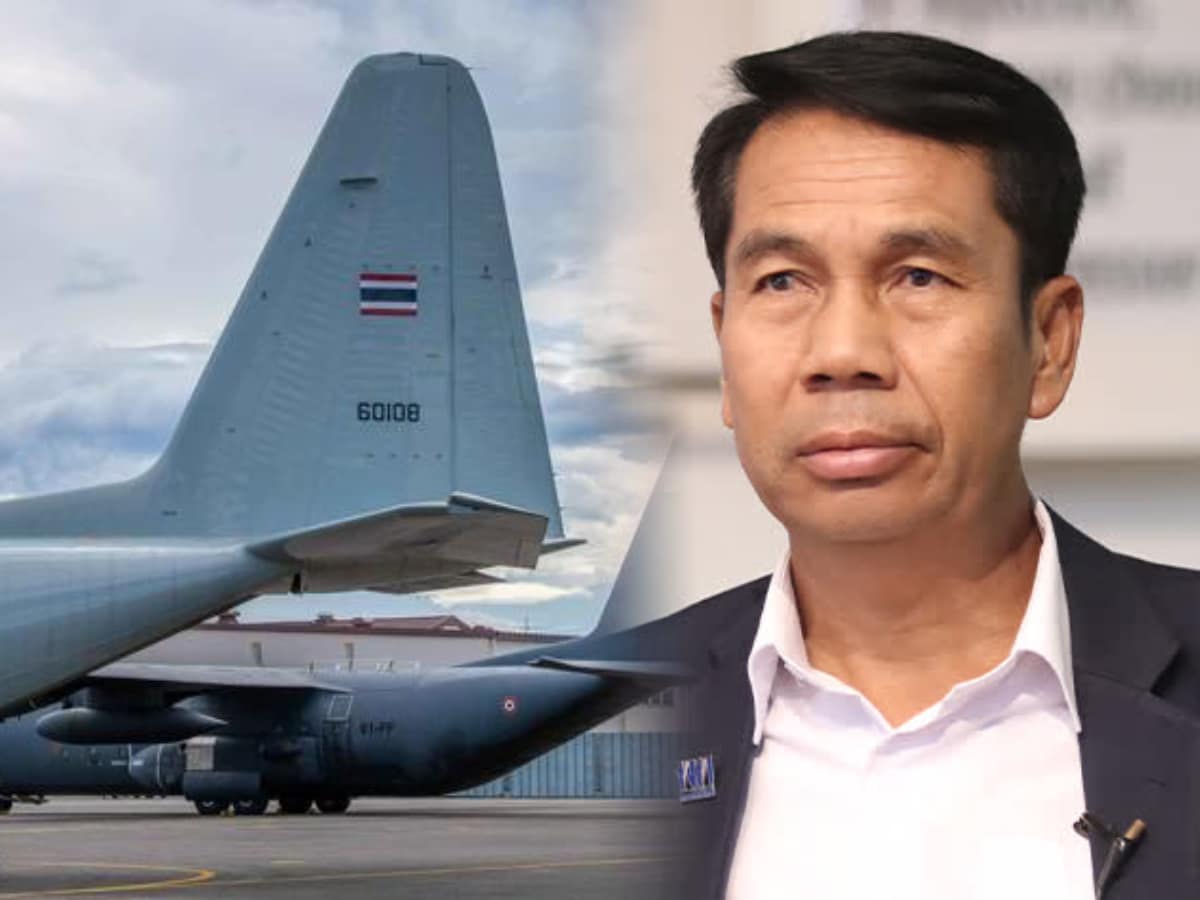In the wake of ongoing turmoil in Israel, the plight of Thai workers in the region has come to the forefront, shedding light on the challenging circumstances they face. A report expected from the Royal Thai embassy in Tel Aviv today (October 10th) holds promise to offer updated insights into the situation. The intricacies of the ongoing conflict have posed considerable obstacles for commercial flights and assistance aircraft attempting to access the affected area, further complicating the scenario.
Deputy Prime Minister and Minister of Commerce, Phumtham Wechayachai, voiced his concerns regarding Thai nationals caught in this crisis. He stressed that Prime Minister Srettha Thavisin is vigilantly monitoring the situation and is deeply committed to their well-being. Currently, over 1,400 Thai individuals have expressed their desire to return home, and 15 are scheduled to arrive in Thailand on October 12th.
Efforts are underway to facilitate the safe return of Thai nationals. The Deputy Prime Minister emphasized the Thai government’s dedication to their citizens in Israel, highlighting the coordination with relevant authorities to find viable solutions.
In response to the escalating situation, the Thai Air Force has mobilized emergency medical and aviation teams to facilitate the evacuation of Thai nationals from strife-ridden Israel. Sutin Klungsang, the Minister of Defence, personally inspected the readiness of the Air Force before the deployment of aircraft for this crucial mission. The Air Force has meticulously prepared planes and three emergency medical operation teams, positioning them strategically for the operation.
These specialized emergency teams will collaborate closely with aviation medicine personnel from the esteemed Medical Flight Center, Institute of Aviation Medicine. Their extensive experience, derived from past missions and international deployments, equips them well to handle the evacuation, ensuring that proper medical care is provided to those in need. The proficiency gained from previous missions, including responses to natural disasters and evacuations from conflict zones, has honed their adaptability and preparedness to handle challenging situations.
While the Air Force’s expertise assures the safe evacuation of Thai citizens, it is important to acknowledge potential limitations, such as handling severely injured patients without prior knowledge of their conditions and fuel stop requirements during long-distance flights lasting 10-15 hours.
Preliminary plans have been drafted, outlining four prospective flight routes to evacuate Thais from conflict-affected regions in the Middle East: Saudi Arabia, Jordan, Cairo in Egypt, and Cyprus. These plans are contingent upon coordination with the Ministry of Foreign Affairs, underscoring the meticulous approach being taken to ensure the safe repatriation of Thai nationals from the war-torn region.



